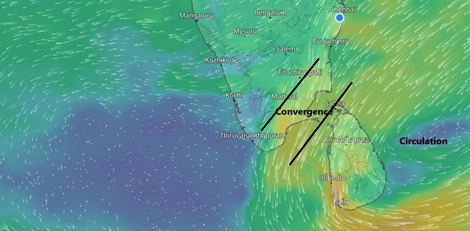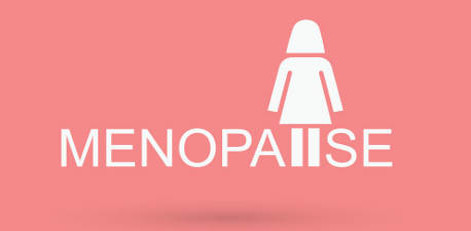Online bullying increases risk of depression, says study
Posted on: 14/Sep/2016 9:59:31 AM

A new study published in the Journal of Adolescent Health has said that young adults who have experienced negative experiences on Facebook - such as bullying, meanness or unwanted contacts - may be at significantly higher risk of depression. The study was conducted by researchers at the Brown
University in the US.
Say the researchers, I think it`s important that people take interactions on social media seriously and don`t think of it as somehow less impactful because it`s a virtual experience as opposed to an in-person experience. It`s a different forum that has real emotional consequences. The study suggests that the participants’ negative experiences on Facebook likely led to their increased levels of depressive symptoms, rather than just reflecting them. This as close as you can get to answering the question: Do adverse experiences, on Facebook, cause depression? We knew how the participants were doing as kids before they had any Facebook use, then we saw what happened on Facebook, and then we saw how they were faring as young adults. It permits us to answer the chicken-and-egg problem: Which comes first - adverse experiences on Facebook or depression, low self-esteem and the like.







